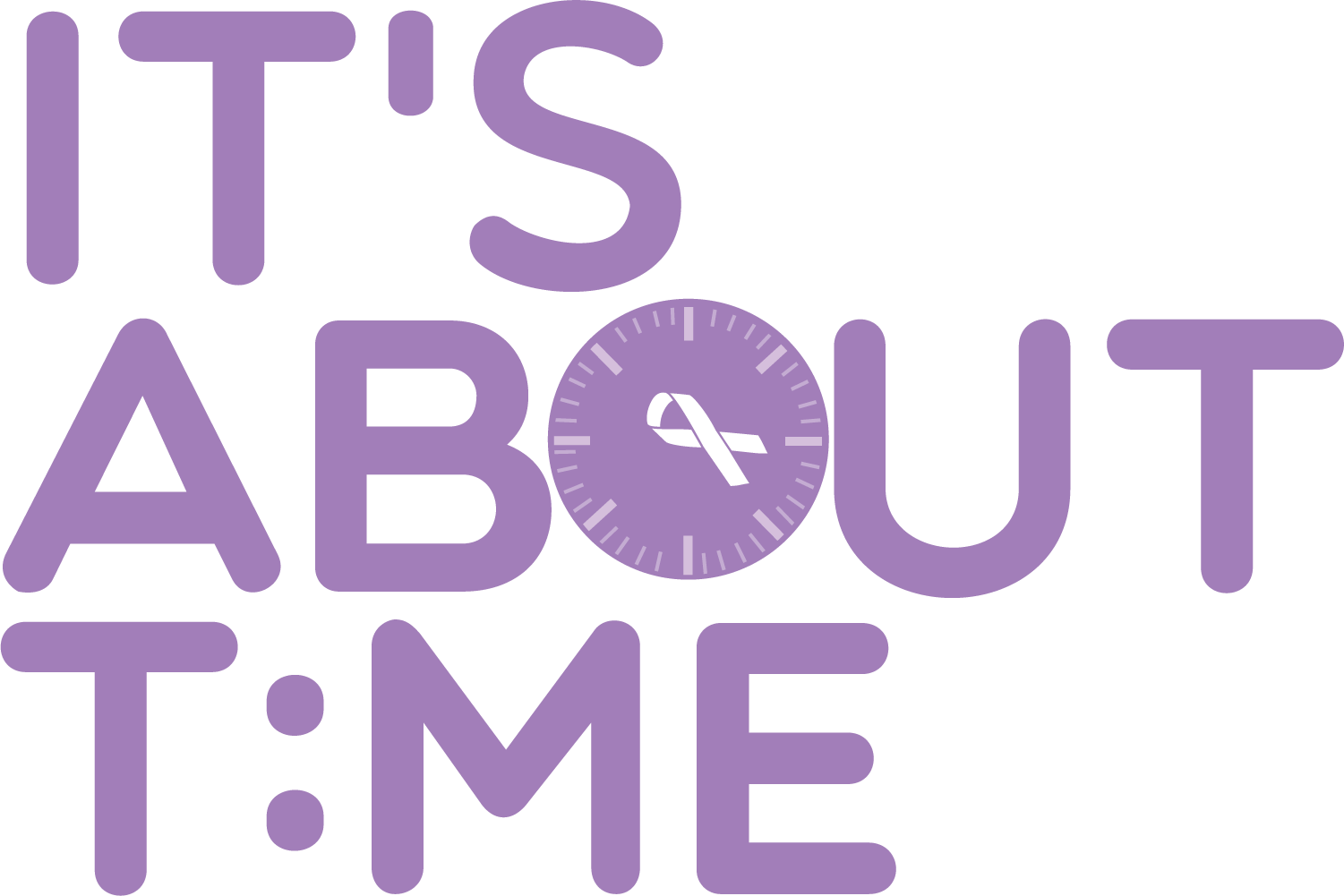Thousands Give DNA To Further Crowdsourced Breast Cancer Research Project
“It’s really phenomenal that we’ve had that type of response."
Thousands of metastatic breast cancer patients nationwide have given researchers access to their tumors and DNA in the hopes it will lead to breakthrough treatments and therapies for one of the most deadly forms of cancer.
As the groundbreaking study enters its second year, more than 2,900 women and men have signed on to participate in the Metastatic Breast Cancer Project (MBCproject) since it launched Oct. 20, 2015. Spearheaded by the Broad Institute of the Massachusetts Institute of Technology and Harvard, the project aims to find possible new treatments for the disease by examining patient-submitted DNA and medical records.
Thirty-eight patients from Connecticut have expressed interest in the project and 21 of them have taken the next step and signed consent forms granting researchers access to their medical files and DNA as of November, according to Corrie Painter, the cancer researcher directing the MBCproject. Word of the project is spreading, in Connecticut and beyond, largely through word of mouth within the metastatic breast cancer community, she said.
“It’s really phenomenal that we’ve had that type of response,” she said.
The MBCproject is unique, she said, because it is patient-driven and gives researchers access to DNA samples they otherwise wouldn’t have. The online consent forms being used, she added, is allowing them to amass a much larger—and still growing—base of participants nationwide than other studies have had.
Crowdsourced medical studies, where patients proactively provide information or samples on their own behalf, have gained popularity in recent years. They have been used to research various diseases, including ALS, or amyotrophic lateral sclerosis, and genetic disorders, according to a 2012 study published in the Journal of Medical Internet Research.
The Internet and social media have allowed the trend to spread, the study found, and the resulting large pools of participants “have the potential to facilitate next-generation understanding of disease and drug response.”
Metastatic breast cancer, also known as stage IV or advanced breast cancer, is cancer that has spread beyond the breast to other organs such as the bones, lungs, liver or brain. Metastatic breast cancer cannot be cured, but it can be treated.
Connecticut has the second highest incidence of new invasive breast cancer cases in women at 138 per 100,000, the U.S. Centers for Disease Control and Prevention reports. The national rate is 123 per 100,000. The state’s breast cancer mortality rate is 18.6 per 100,000 women, according to the CDC. The data is from 2013, the most recent year available.

